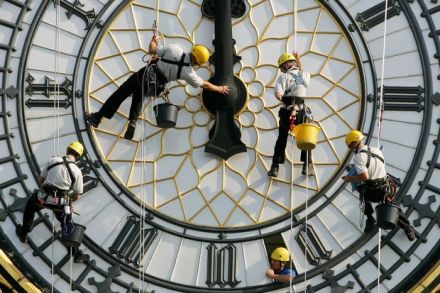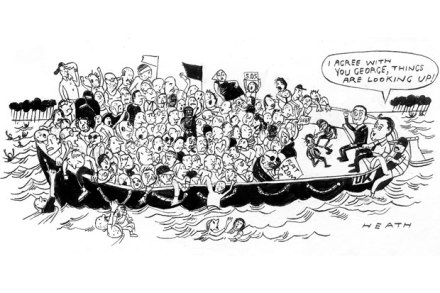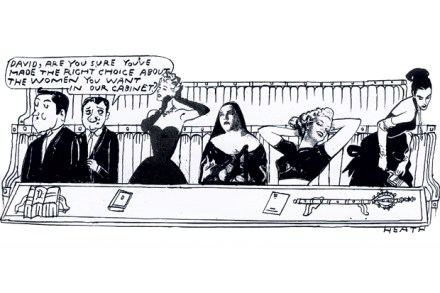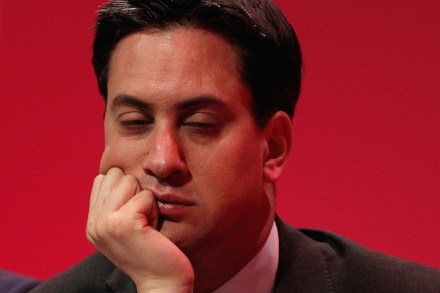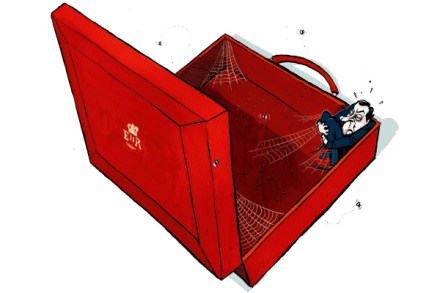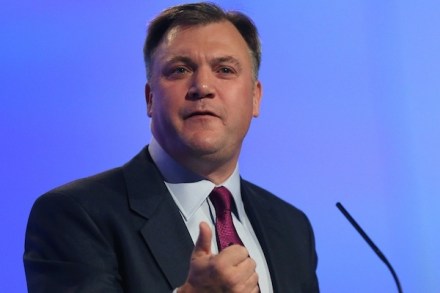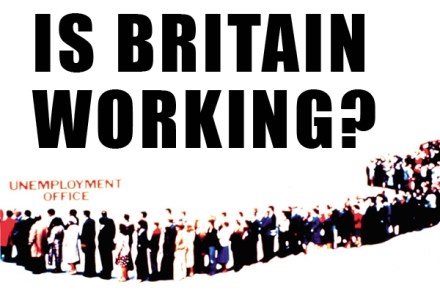Who cleans skyscrapers?
Tough at the top The clocks on Big Ben were cleaned by abseiling window-cleaners. Some other big cleaning/painting jobs: — Repainting the Forth Railway Bridge used to be a metaphor for never-ending work, but a new coating completed in 2012 is estimated to have a life of 25 years. — Sydney Harbour Bridge was, for the first 80 years of its life, cleaned by hand, but last year it was done for the first time by robot. — The world’s tallest building, the Burj Khalifa in Dubai, is cleaned by a team of abseilers, with all 24,000 windows taking three months to get through. — Most New York skyscrapers are
